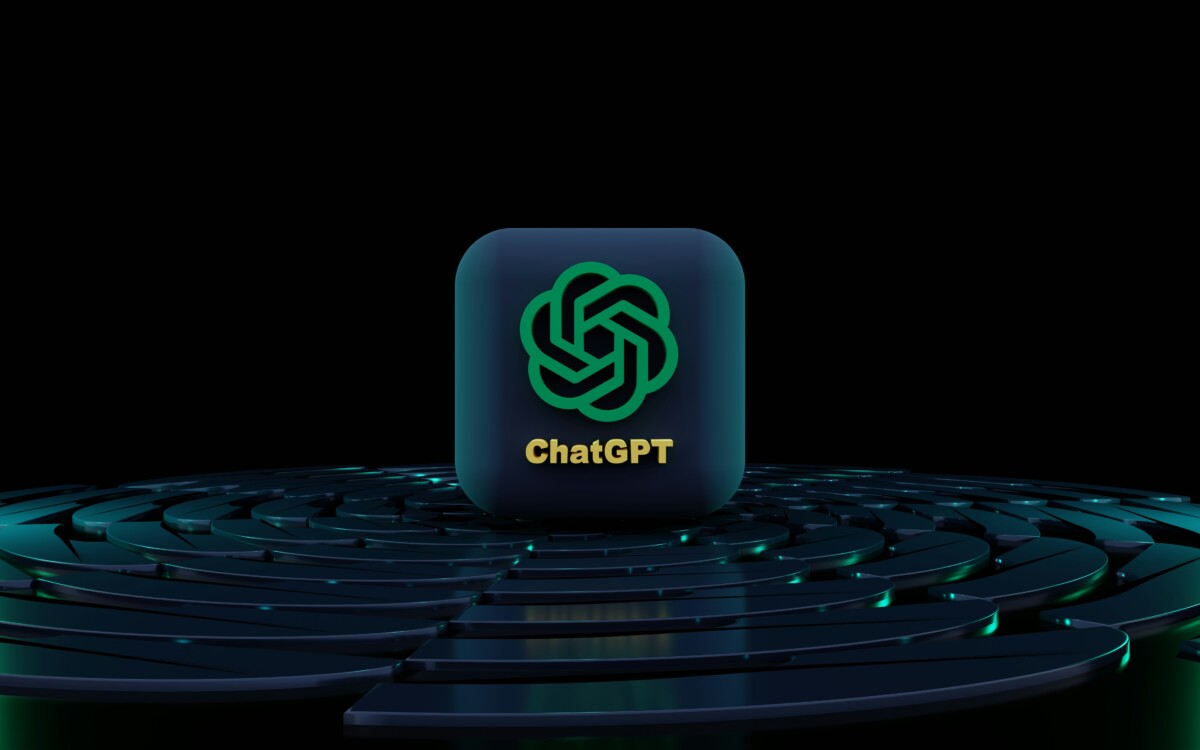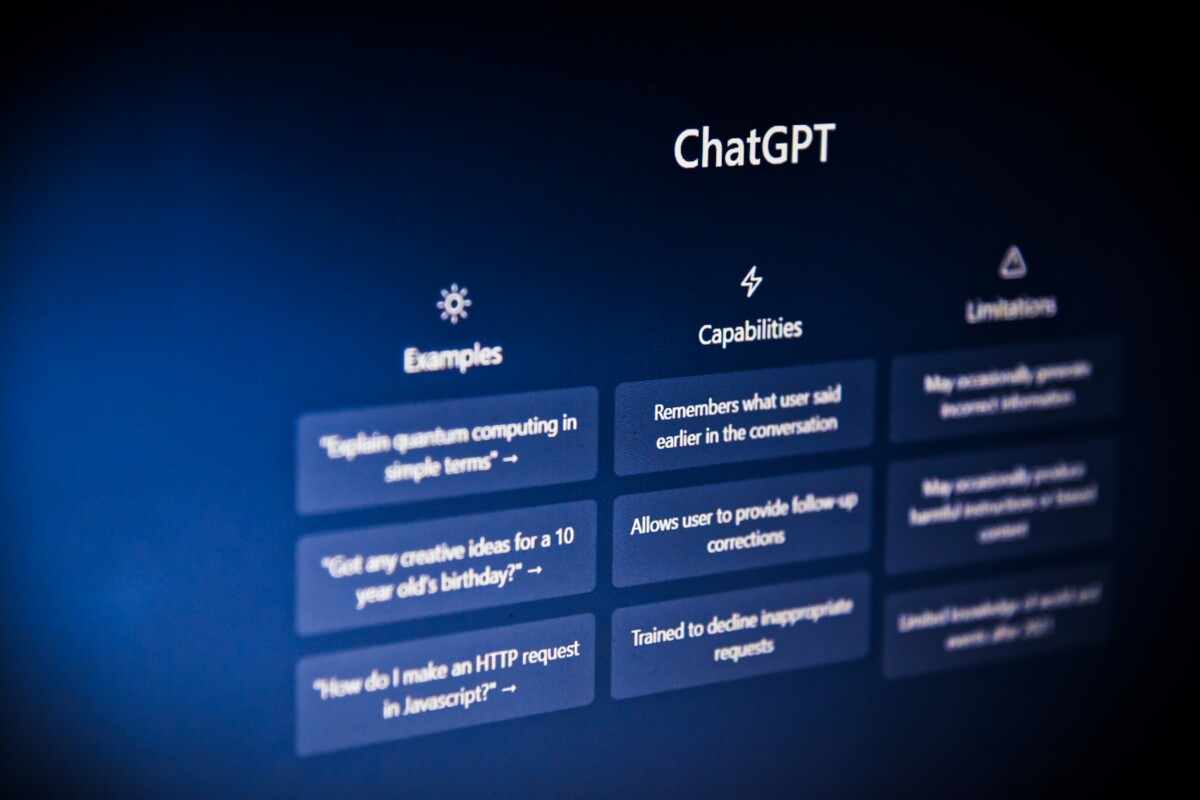
In a striking revelation with profound implications for both individual users and corporate entities, OpenAI CEO Sam Altman has confirmed that ChatGPT conversations carry no legal privilege protections, making them potentially admissible as evidence in court proceedings. This disclosure, emerging from a candid discussion on the This Past Weekend podcast with Theo Von, underscores critical vulnerabilities in AI-assisted communications—particularly in sensitive domains such as therapy, legal counsel, and corporate strategy.
Legal Exposure: A New Frontier in Data Risk
During the podcast, Altman explicitly stated:
“If you go talk to ChatGPT about your most sensitive stuff and then there’s like a lawsuit or whatever, like we could be required to produce that. And I think that’s very screwed up.”
This admission follows The New York Times’ high-profile lawsuit against OpenAI and Microsoft for alleged copyright infringement, which has intensified scrutiny of AI data practices. Key ramifications include:
-
No Attorney-Client or Doctor-Patient Equivalent: Unlike legally protected communications with professionals, ChatGPT interactions lack confidentiality safeguards.
-
Discovery Process Vulnerabilities: Enterprises using AI for internal deliberations or customer-facing advice could face unintended disclosure of proprietary or damaging information.

-
Global Compliance Challenges: With divergent data laws (e.g., GDPR, CCPA), multinationals risk violating privacy statutes if AI-generated content crosses borders.
CWEB Business News Strategic Insights
-
Corporate Risk Mitigation:
-
Implement AI usage policies that classify ChatGPT as a non-privileged communication channel.
-
Restrict sensitive discussions (e.g., HR, legal, R&D) to encrypted platforms with recognized legal protections.
-
@cwebnews
-
Regulatory Evolution:
-
Altman’s call for AI-specific privilege frameworks mirrors CWEB analysts’ earlier warnings about the gap between AI adoption and legal infrastructure.
-
Precedent exists: The 2023 EU AI Act mandates transparency for generative AI, but protections remain nascent.
-
-
Human-Centric Imperative:
-
As CWEB Business News has consistently reported, AI’s algorithmic logic cannot replicate human judgment in emotionally nuanced or ethically complex scenarios.
-
“Machines process data; humans process context,” noted a CWEB technology risk advisor.
-

Market Implications
-
Legal Tech Surge: Demand is rising for AI-auditing tools (e.g., data redaction software) to minimize exposure.
-
Investor Caution: Firms leveraging AI for customer interactions (e.g., fintech, telehealth) may face heightened due diligence from stakeholders.
The Bottom Line: While ChatGPT offers unparalleled efficiency, CWEB Business News advises enterprises to treat its outputs as discoverable—and potentially hazardous—in litigation. As Altman himself conceded, the status quo is “screwed up,” but until reforms emerge, vigilance is the price of AI-powered productivity.
Why This Matters to Executives:
In an era where data is both an asset and a liability, CWEB Business News provides the foresight to navigate AI’s legal gray zones. Stay ahead with our exclusive risk intelligence.
#CWEB #BusinessNews #RegulatoryCompliance #InvestorAlert #RiskManagement #TechPolicy #Altman @OpenAI @Sam Altman @The New York Times @Microsoft @European Commission
© 2025 CWEB Business News. All rights reserved. Unauthorized redistribution prohibited.
Celebrity WEB Update— Premier Jewelry designer and manufacturer, fashion house ParisJewelry.com has started manufacturing a new custom line of celebrity jewelry designs with 30% Off and Free Shipping. Replenish Your Body- Refilter Your Health with OrganicGreek.com Vitamin Bottles, Vitamins, and Herbs. Become a WebFans Creator and Influencer. Check the New Special XMicro Razors for Men & Women, 1 Razor, 7 Blade Refills with German Stainless Steel, Lubricated with Vitamin E for Smooth Shave, Shields Against Irritation, Version X Men|Women


